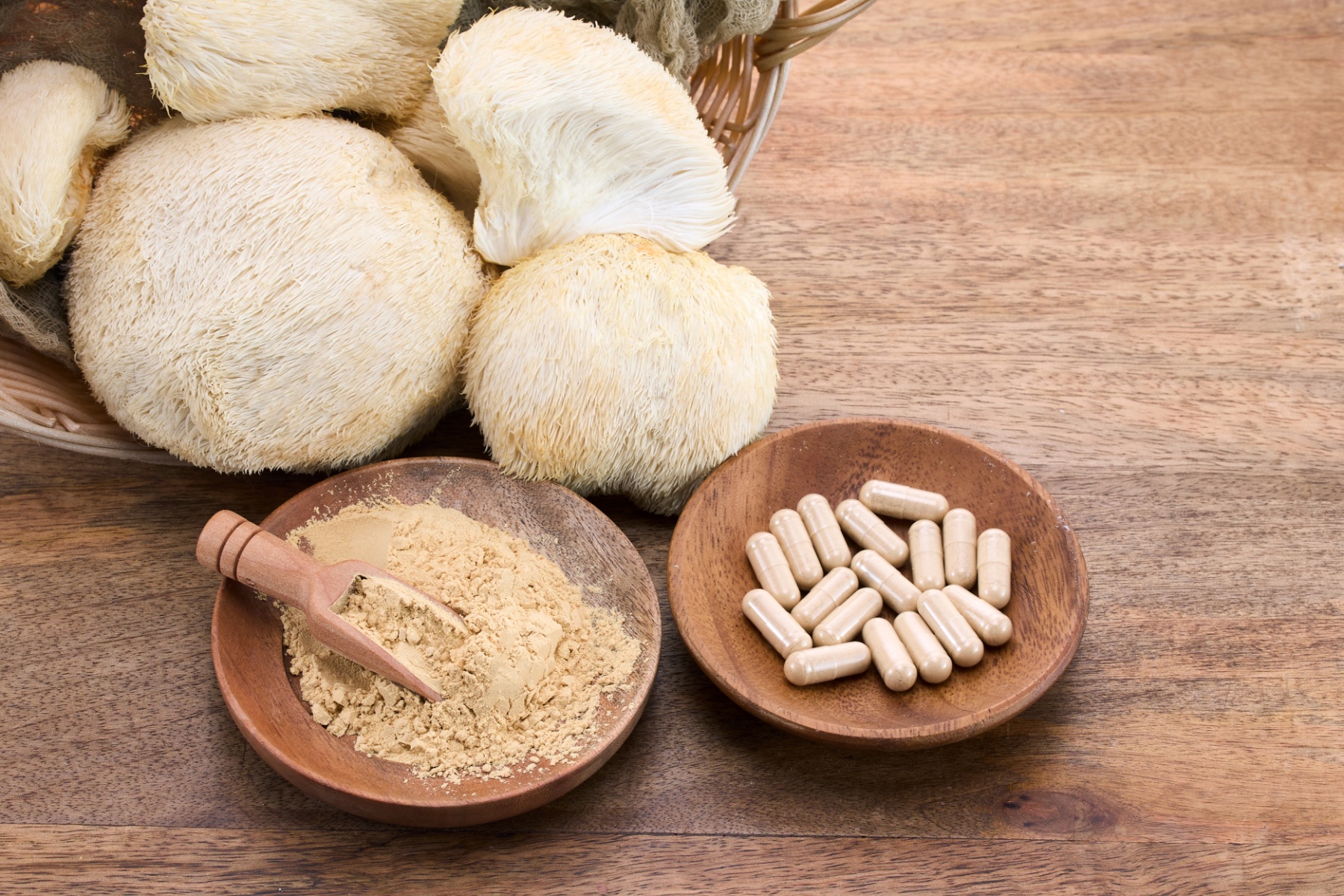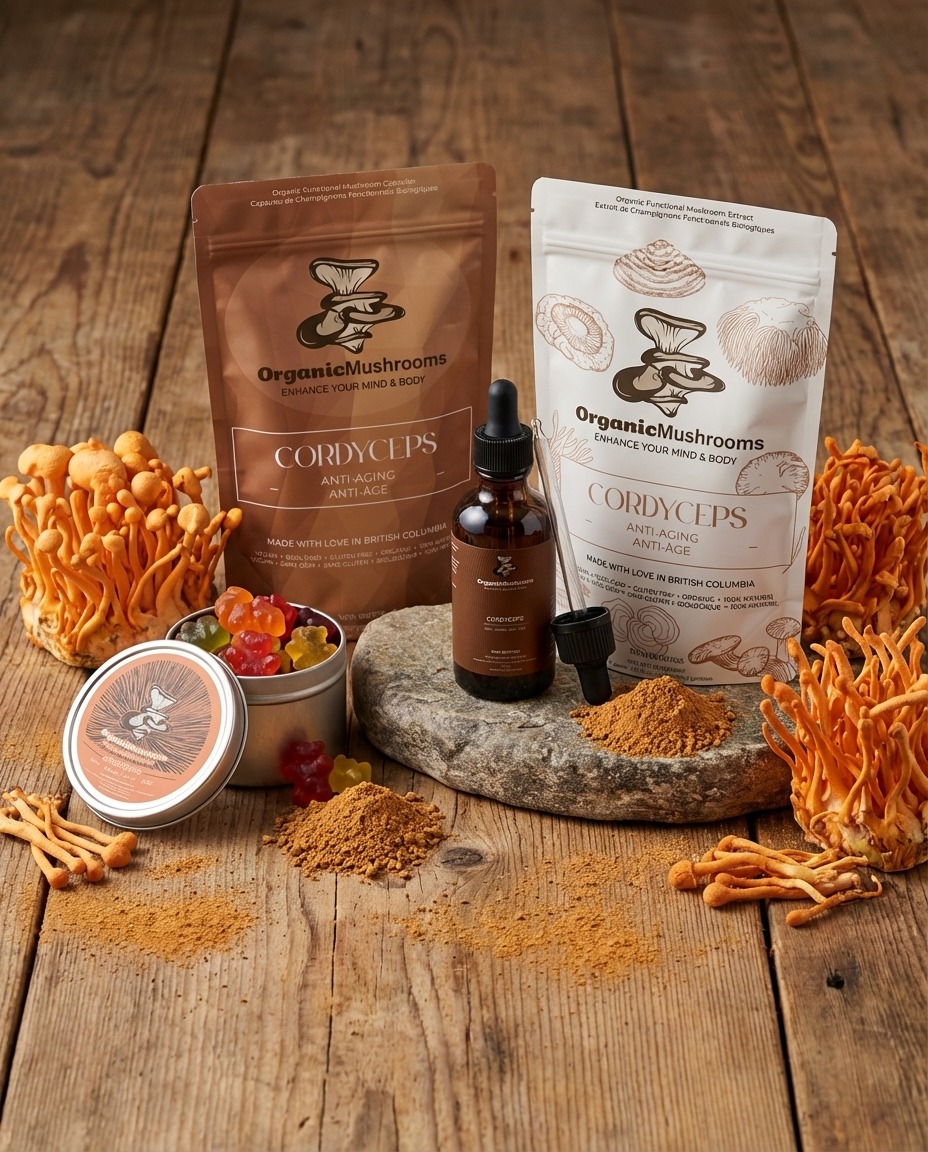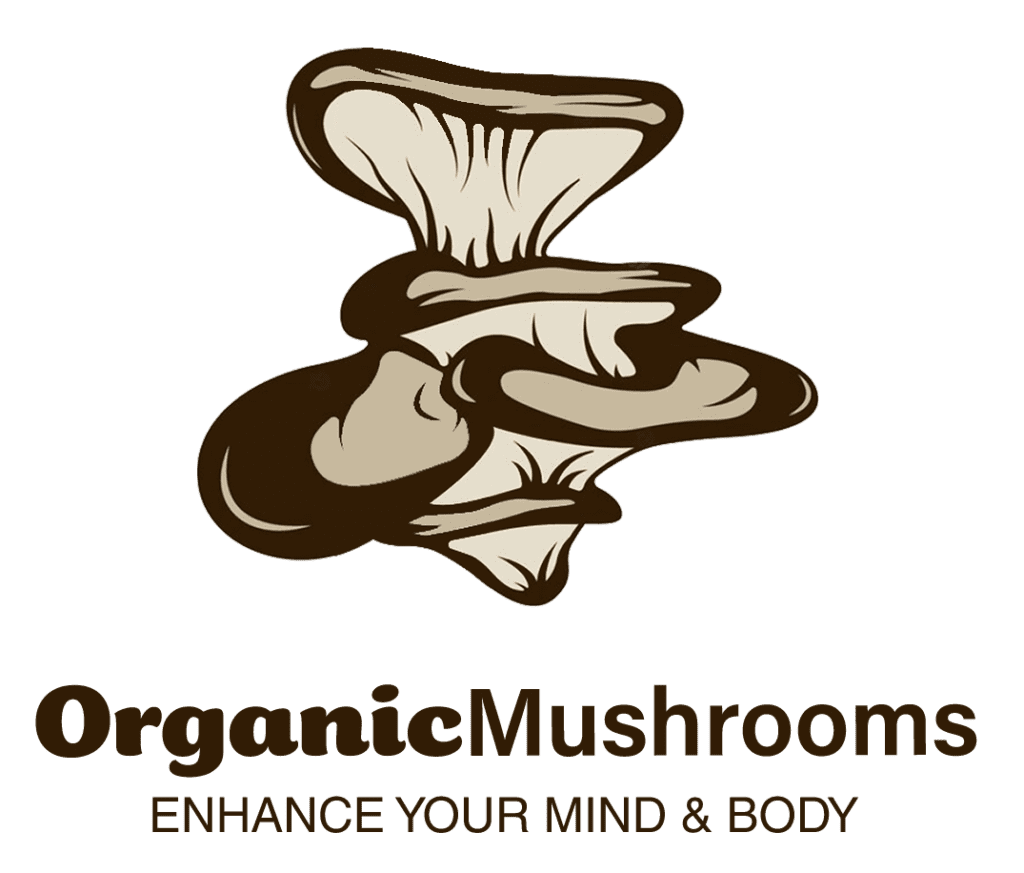As functional mushrooms continue to gain popularity, scientific studies have come out supporting the claims that they do indeed have medicinal properties. Maitake especially has been looked into by the scientific community for its claims to support and enhance the immune system, and this article will be looking at a few of those studies.
First Study: Unveiling the full spectrum of maitake mushrooms
Abstract:
This review highlights the diverse bioactive compounds and health benefits of maitake mushrooms (Grifola frondosa), emphasizing their potential in medicine, nutrition, and functional foods. It identifies carbohydrates and proteins as primary constituents, accounting for 70–80% and 13–21% of their dry weight, respectively, and links them to various therapeutic effects. By synthesizing existing research, the review underscores the significant role of maitake mushrooms in human health and suggests their possible integration into the medicinal and nutraceutical industries.
Findings:
Findings show that G. frondosa offers significant health benefits, particularly due to its polysaccharides, which exhibit antitumor, immunomodulatory, antimicrobial, anti-inflammatory, antidiabetic, and antioxidative effects. The review emphasizes its potential in treating cancer, diabetes, immune disorders, and skin ailments, but calls for further clinical trials to understand it further. Given rising global health concerns, maitake mushrooms’ immunomodulatory properties could offer valuable protection against emerging diseases.
Second Study: Biological Significance And Medicinal Properties Of The Maitake Mushroom
Abstract:
Maitake mushroom (Grifola frondosa) has been extensively studied for its medicinal properties, particularly its two bioactive extracts: D-fraction and SX-fraction. D-fraction, rich in β-glucan, has shown strong immunomodulatory and antitumor effects, inhibiting cancer growth and improving quality of life in patients, with FDA-approved safety for clinical trials. It also demonstrates potential synergy with vitamin C for enhanced efficacy. SX-fraction, a water-soluble glycoprotein, has been found to lower blood sugar, blood pressure, and cholesterol, making it a promising treatment for diabetes, metabolic disorders, and cardiovascular diseases, with no reported adverse effects. These findings highlight maitake’s significant therapeutic potential.
Findings:
Maitake mushroom extracts, D-fraction and SX-fraction, have demonstrated significant medicinal properties. D-fraction has strong immunomodulatory, anticancer, and potential antiviral effects, enhancing both innate and adaptive immune responses. It activates immune cells, stimulates cytokine production, and may help protect against infections and cancer. With FDA-approved safety, D-fraction can be used by both patients and healthy individuals. SX-fraction, on the other hand, primarily improves glucose and lipid metabolism, helping regulate blood sugar, insulin resistance, blood pressure, and cholesterol. Studies on diabetic patients suggest it restores the insulin signal transduction pathway, improving glucose uptake and metabolism without adverse effects. These findings confirm that both extracts are promising natural therapies, warranting further research to explore their full potential.
Final Thoughts
Both of these studies found evidence that Maitake mushrooms have the potential to help prevent infections and support healthy cell regeneration in the body while also enhancing immune response to diseases. While both studies emphasized the importance of further research into the mushroom, their findings cannot be understated.
At Organic Mushrooms, we recognize the powerful potential these functional mushrooms have. If you are interested in learning more about Maitake, please take a look at our Maitake product page.





